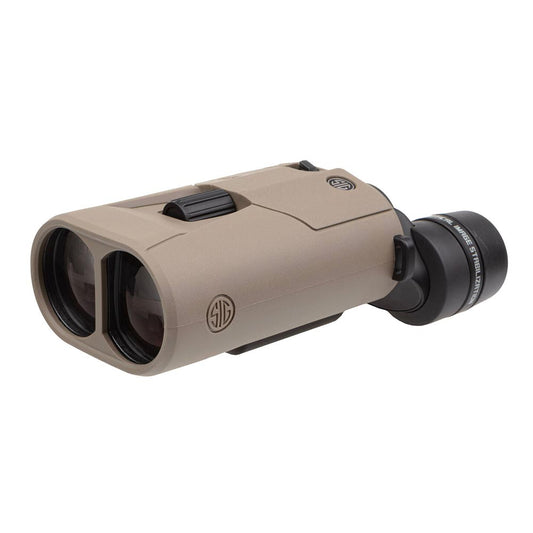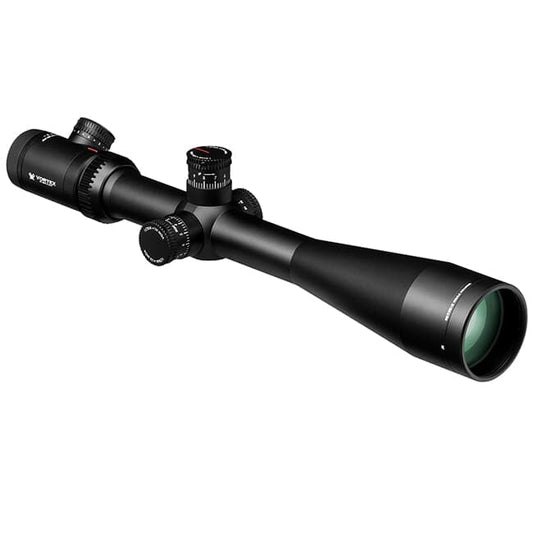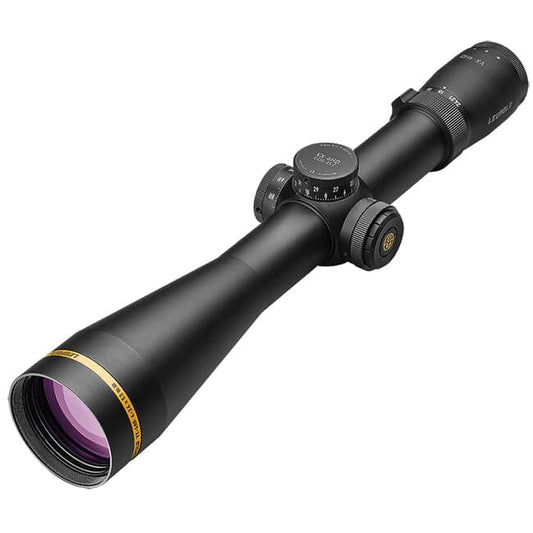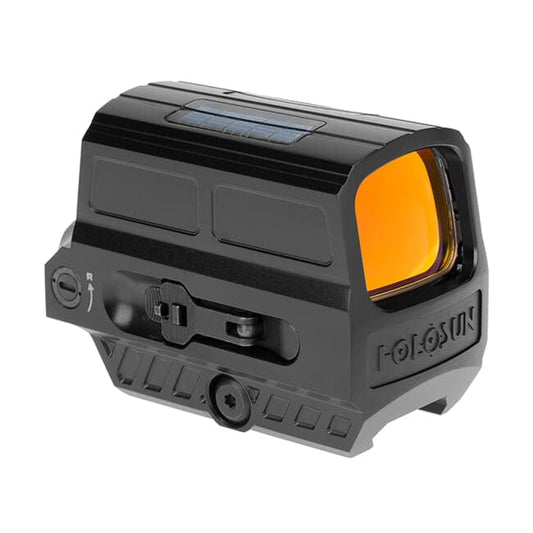

Sig Sauer Zulu6 HDX 16x42mm Electronic Binoculars provide advanced functionality for outdoor enthusiasts. With a powerful 16x magnification, these binoculars allow users to observe distant objects in detail. The innovative image stabilization technology eliminates the effects of hand-shake, ensuring clear and stable images, which is crucial during activities like birdwatching or hunting. Weighing just 21.9 ounces, they are lightweight and easy to carry, making them ideal for long hikes or family outings.
Built with HDX-Glass, the Zulu6 enhances light transmission for bright images even in low-light conditions. The binoculars feature an IPX-7 waterproof rating, ensuring durability and reliability in various weather conditions. Their compact design and user-friendly controls make them suitable for both casual users and professionals, offering versatility for a range of outdoor activities.
Key Features:
- IMAGE STABILIZATION for crystal-clear viewing by negating hand-shake.
- TWO VIEWING MODES allow for versatile observation with easy mode selection.
- HDX OPTICAL TECHNOLOGY optimizes light transmission for exceptional clarity.
- HIGH MAGNIFICATION of 16x to easily see fine details from a distance.
- COMPACT & LIGHTWEIGHT design at just 21.9 ounces for easy portability.
- DURABLE DESIGN with an IPX-7 waterproof rating for reliable performance.
- USER-FRIENDLY features that cater to both professionals and enthusiasts.
- VERSATILE PERFORMANCE perfect for hunting, birding, and various outdoor activities.
Technical Specifications Table
| Specs | Details |
|---|---|
| Weight | 21.9 ounces |
| Dimensions | 7.08" x 4.72" x 2.75" |
| Eye Relief | 14mm |
| Angular FOV | 3.8° |
| Close Focus | 4 meters |
| Interpupillary | 56mm - 75mm |
| Objective Dia. | 42mm |
| Product Type | Binoculars |
| Item Condition | New |
| UPC | 798681664955 |
| MPN | SOZ6WP16 |
What’s in the Box?
- Sig Sauer Zulu 6 HDX 16x42mm Electronic Binoculars SOZ6WP16
- Battery Cap
- Neck Strap
- Carrying Case
- Lens Cloth
- User Manual
Customer Reviews
“These binoculars changed my whole birdwatching game! The clarity is unmatched.” – A. Johnson
“Incredible stability and detail. Perfect for my hunting trips.” – R. Martinez
FAQ
Many customers ask how the Sig Sauer Zulu6 performs in low-light conditions. Thanks to its HDX-Glass and superior light transmission, you can expect bright and clear images even during dawn or dusk. Additionally, the electronic stabilization enhances visibility, making your observations sharp and detailed.
Another common question revolves around maintenance. To care for your Zulu6 binoculars, simply store them in a cool, dry place and clean the lenses with a soft cloth. Avoid using harsh chemicals, and they’ll provide reliable service for years to come.
Similar Models
Looking for the ultimate observing tool? Explore our extensive range of Sig Sauer products, including the Sig Sauer Zulu 7 for enhanced optical performance and the Sig Sauer Tango 6 riflescope for precision shooting. Each model is designed to meet the needs of outdoor enthusiasts. Discover the complete collection today!
You May Also Like
Here’s some of our most similar products people are buying. Click to discover trending style.











